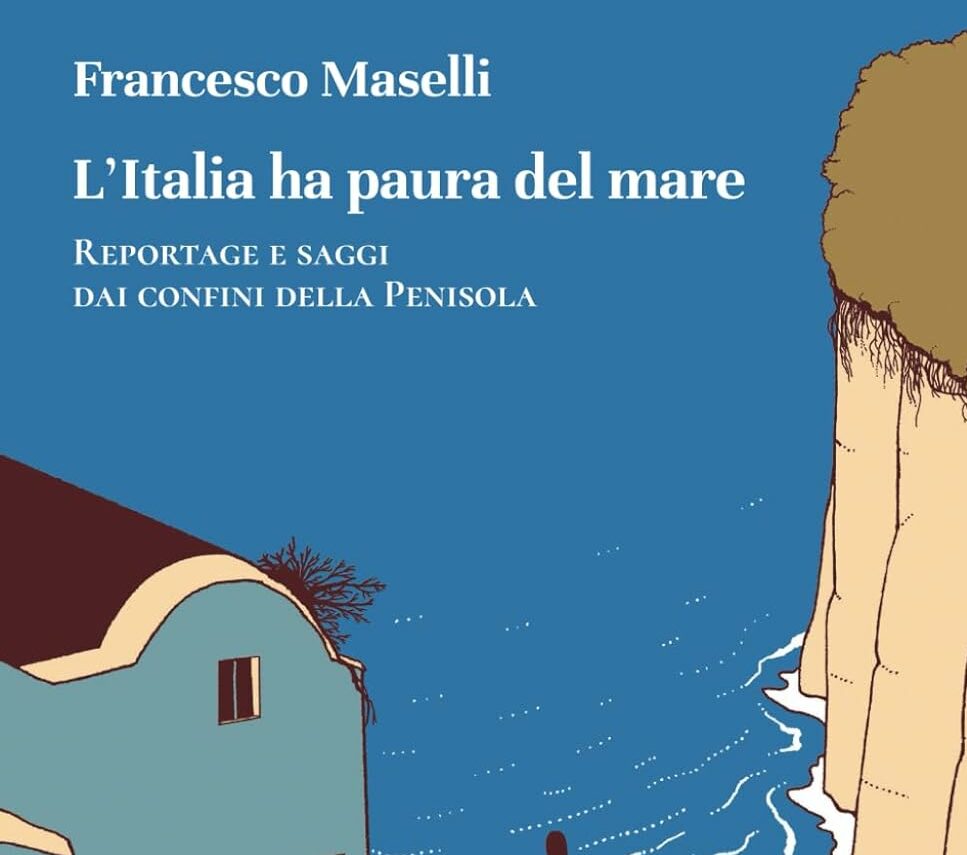Is Italy afraid of the sea?

“Italy is afraid of the sea – Reports and essays from the borders of the Peninsula” by Francesco Maselli (NR editions) read by Tullio Fazzolari
In the rhetoric of the twenty years of fascism, Italians are a people of "saints, poets, artists and navigators". Nothing to complain about poets and artists. And also on the saints despite some more or less legitimate appropriations given that Saint Anthony of Padua was actually born in Spain and Saint Ambrose of Milan came from Germany. But there would be a lot to discuss about the population of navigators. There have certainly been great personalities but, coincidentally, almost all of them (from Christopher Columbus to John Caboto) had to emigrate and put themselves at the service of foreign powers to achieve their exploits. This would be enough to give the feeling that in Italy seafaring talent has never been appreciated as much as it deserves. And perhaps it is not a simple inattention but is the reflection of a psychological discomfort.
Francesco Maselli with "Italy is afraid of the sea" (NR editions, 200 pages, 18 euros) highlights the difficult relationship that the vast majority of Italians have with the sea. The "people of navigators" remains an inscription carved indelibly on the marble of the EUR but nothing more. In the North as in the South the most widespread attitude is that of instinctive distrust and is all too similar to that described by Paolo Conte in his masterpiece "Genoa for us". We talk about the sea quite little and often in critical tones. It happens every now and then that we get excited about the companies of boats like "Luna rossa" but it is much more frequent that the topic is the increase in the price of sunbeds and umbrellas. All things considered, we Italians are seaside tourists rather than navigators.
Francesco Maselli's book is the interesting reportage of a journey along a country that boasts around eight thousand kilometers of coastline but which rarely manages to have a good relationship with the expanse of water in front of it. Small fishing villages survive and would almost be considered a protected species. But all around and even among the inhabitants of the islands, distrust towards the sea prevails. Very little remains of important industries such as tuna which in Favignana, thanks to the economic empire of the Florios, had a weight comparable to that of Fiat in Turin. There are port cities that are languishing and others like Trieste are slowly catching up. But, even in this case, the merit of the navigators is marginal. What has revived the port is above all the geographical position of Trieste which makes it a fundamental hub for Central Europe as in the times of the Habsburg empire. In the end, the long journey that Maselli takes across the Italian coasts not only tells the story of the present but is also a brilliant summary of our maritime history which has never been easy since the beginning. Navigators mostly came from outside like Greeks and Phoenicians but the ancient Romans only started going to sea because they had to face the Carthaginians. And the maritime republics, while dominating trade in the Mediterranean , then let the most ingenious ocean navigators slip away. Because of the "fear of the sea" perhaps Italy has missed some opportunities.
This is a machine translation from Italian language of a post published on Start Magazine at the URL https://www.startmag.it/mondo/italia-ha-paura-del-mare/ on Sun, 14 Jan 2024 06:32:40 +0000.
